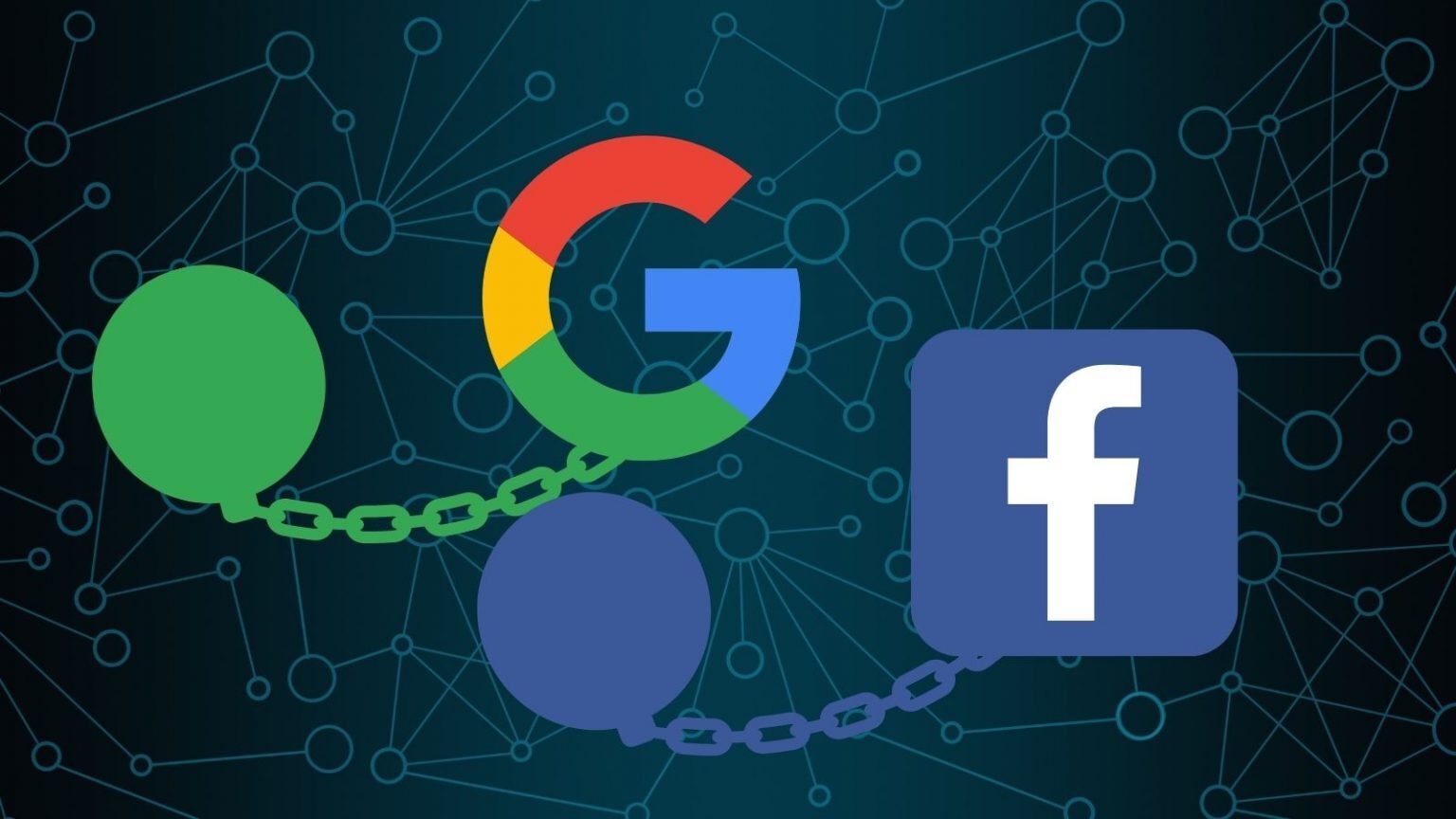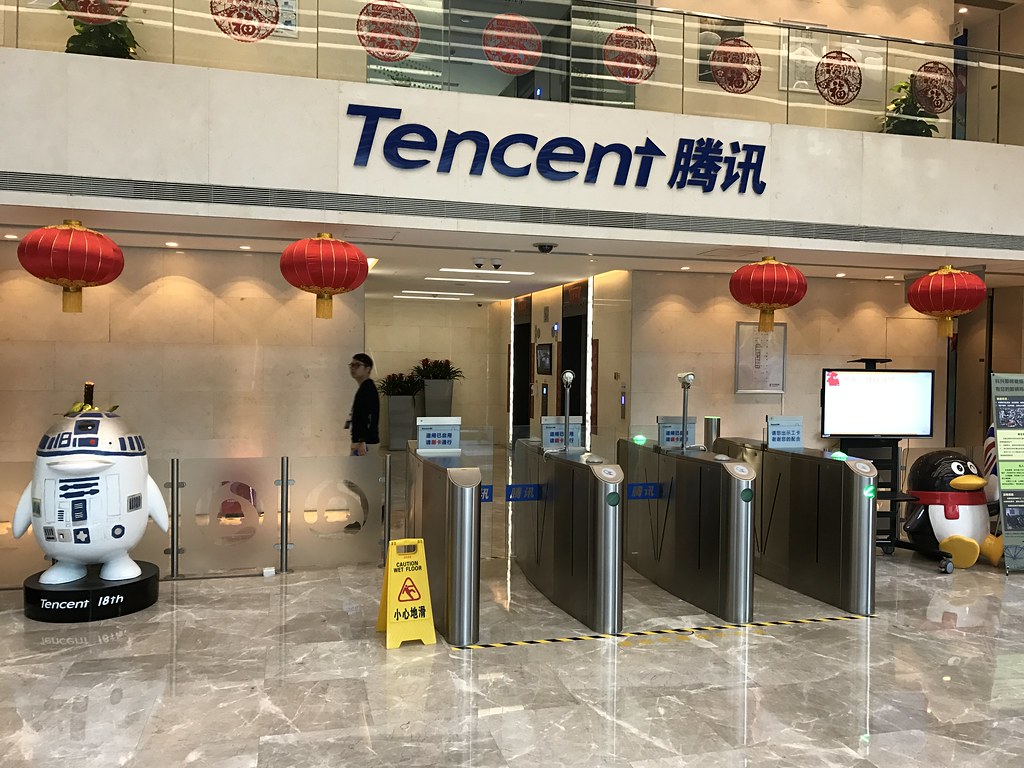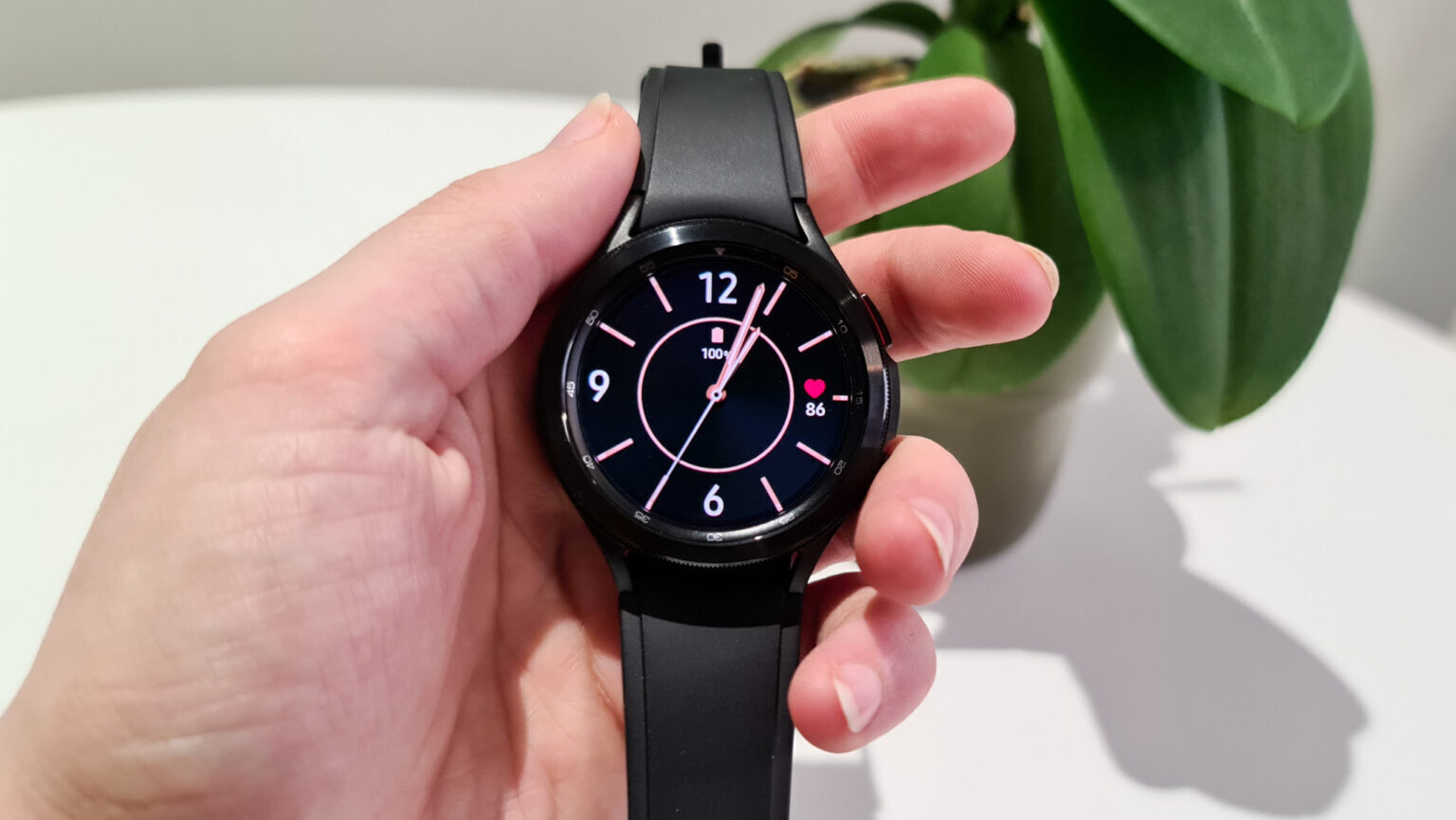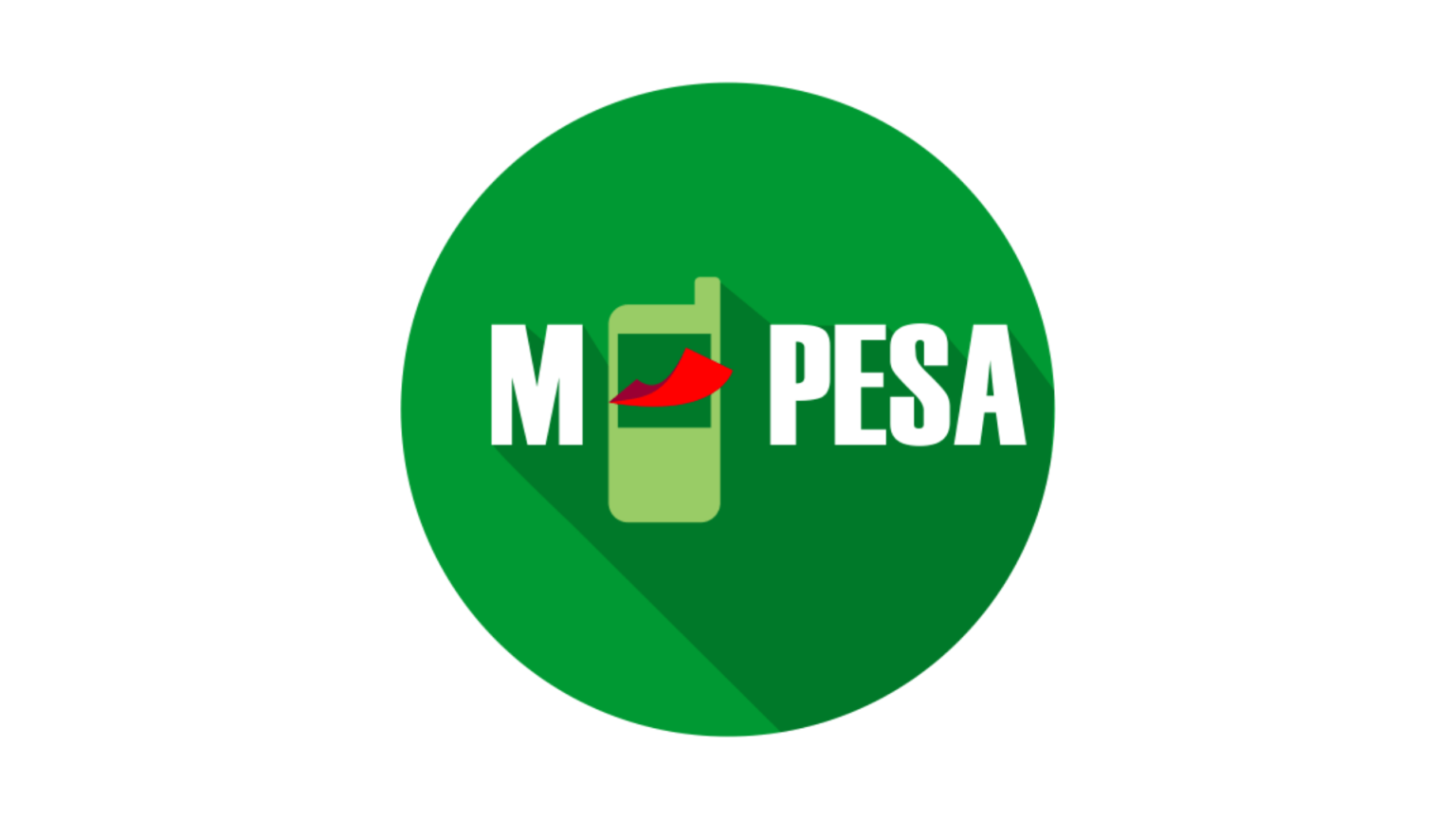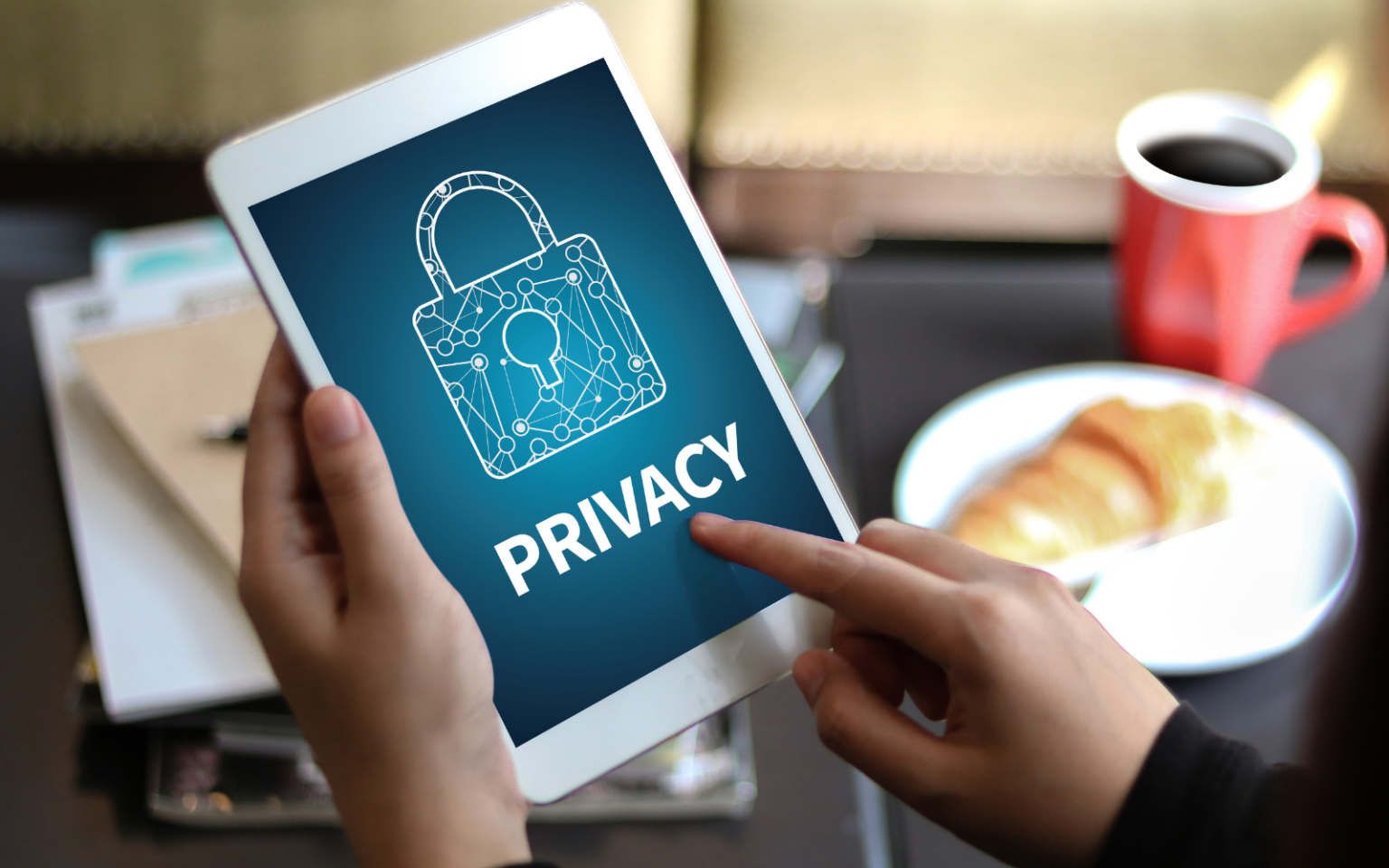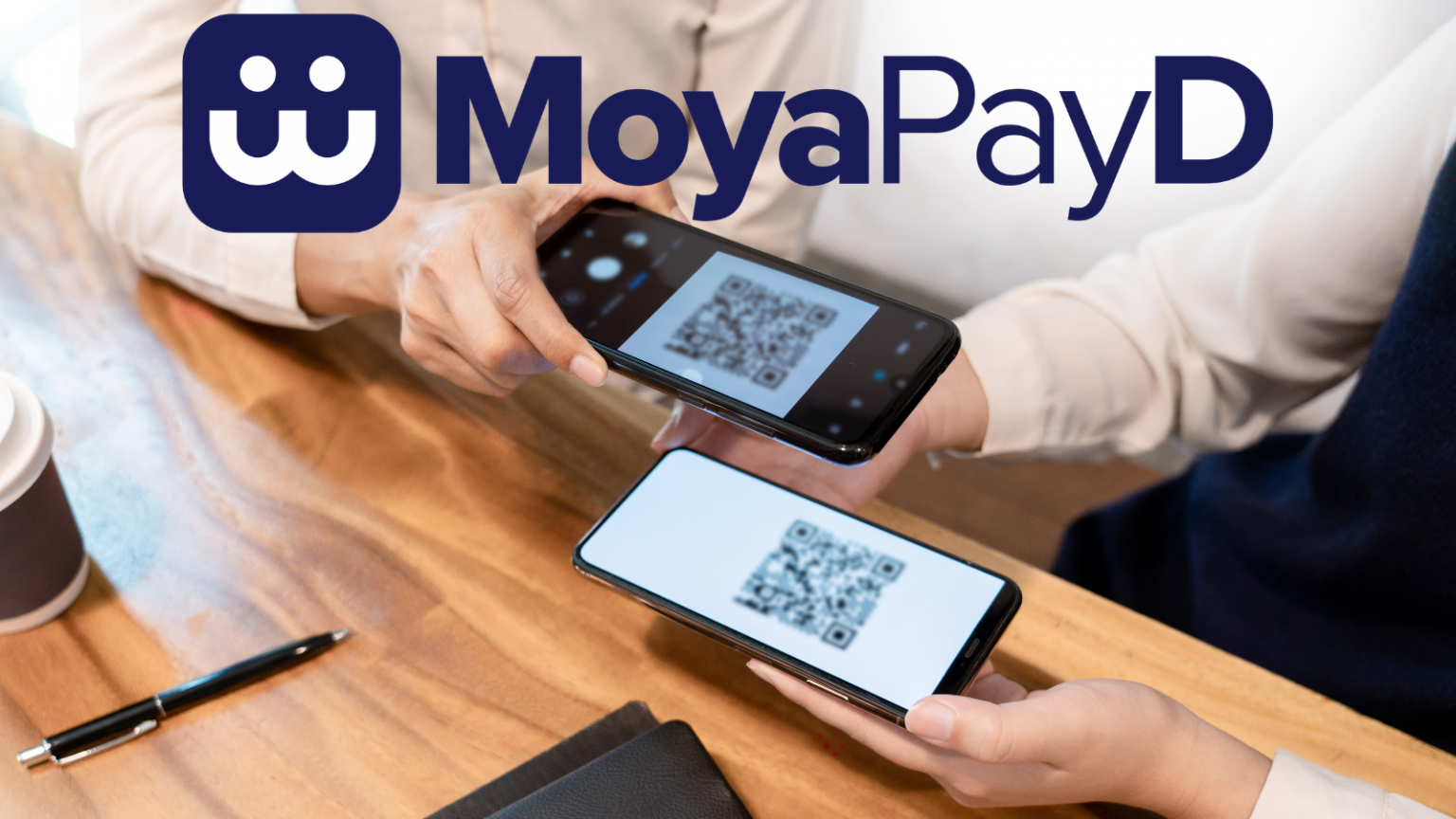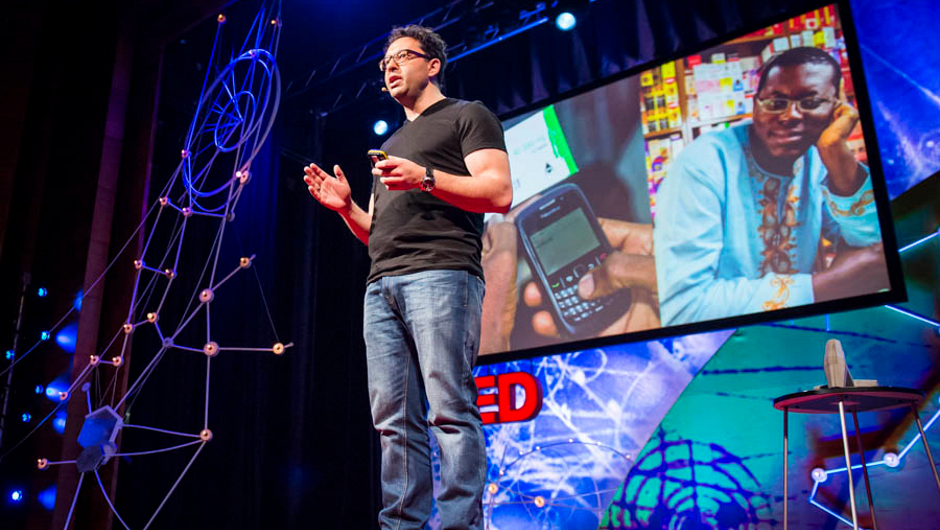It didn’t get any more explosive than this. The CEOs of Google and Facebook, the two biggest digital advertising giants, (allegedly) colluded to control the vast digital advertising marketing – especially involving publishers. Both Google CEO Sundar Pichai and Meta CEO Mark Zuckerberg personally signed off on an “illegal price-fixing agreement” in 2018, according to a lawsuit filed by numerous US states. Originally filed in December 2020, swathes of the lawsuit were blacked out but were unredacted this week with spectacular revelations. In one newly revelated email, which still obscures the names of people but not their titles, Facebook COO…
Author: Toby Shapshak
“If I played you a track of music, could you tell if it was composed by a human or an artificial intelligence,” Tencent Africa CEO Brett Loubser asked an auditorium of people at the Standard Bank National Arts Festival’s digital conference, Creativate. Amazingly, nobody could answer. How AI and machine learning are being adapted for the most personal of skills – creativity – offer not only a fascinating look at how it is being achieved; but an equally intriguing insight into how AI could work in fintech. He spoke to Stuff Studio’s editor-in-chief Toby Shapshak. Also available on Apple podcasts | Google podcasts | Spotify
The Zondo Commission has produced a report that made use of one petabyte’s worth of digital evidence. That’s the equivalent of 250,000 movies – at least one of which must be Tom Moyane fancying himself as Rambo of the Tax Reform, the imaginary crusader of incompetence over excellence that he was. The first report, given by acting chief justice Raymond Zondo to President Cyril Ramaphosa on 4 January, landed via WhatsApp moments after it was handed over – surely a record for the release of such an important conclusion to a profoundly important commission of inquiry. At 874 pages, the…
I am an atypical smartwatch user. I have to say that at the beginning because I have an unusual use case. I have worn a watch most of my life to tell the time and still use it for that primary function – especially when I wake up at 4am, glance at my wrist and go back to sleep. It’s partly because I wear glasses and blurry bedside clocks are of no use to me. After telling the time, my next requirement is ONLY calls and ONLY important messages. I want the bare minimum when it comes to notifications and…
If you want a weird way of defining the beginning of 2022, then look no further than the most exciting technology previewed at the annual gadget fest that is the Consumer Electric Show was a self-driving tractor and a BMW that changes colour almost instantaneously. I am particularly interested in both, as it happens. The 8R tractor by John Deere was the early headline grabber, because, well, it’s a self-driving, AI-driven autonomous, er, tractor. It also costs over $600,000. This is not for your tractor for everyone, but it is the portents of a new era of industrial farming. The…
The BMW iX is a beauty of a beast of a car. It is hands down the best car I have ever driven. When I thought of the positives versus the negatives, I could think of only one downside: it is too wide. But, then again, I am a Mini driver. My new Countryman seems like a giant to me, so the iX is like a tank. Albeit a beautifully designed, aesthetically pleasing, comfort-overloaded, tech-marvel of a tank. Like a Cartier Tank (Francoise), as it were. Watch our video review of the BMW iX in South Africa https://www.youtube.com/watch?v=17fGgaWcgbU It is…
In March 2007 in the most unlikely of places, a new era began for how us humans performed one of our most important activities: making payments. Until M-Pesa emerged in Kenya using the then rudimental 2G cellphones, financial transactions were extremely hard. Now, the grandfather of mobile money is part of a suite of offerings from its parent, Vodacom, which has a next-generation superapp of its own, VodaPay. He spoke to Stuff Studio’s editor-in-chief Toby Shapshak about the future of fintech in Africa. Also available on Apple podcasts | Google podcasts | Spotify Visit getshyft.co.za for more info.
How much does privacy costs? It’s a theoretical question most of the time this debate about surveillance capitalism is had. But we now have a number – albeit an interesting test case involving only Apple. After it introduced controversial privacy settings early last year, which reduced the ability for advertisers to track iPhone users and their app activity, it has cost social media giants as much as $10bn (R156bn). Snapchat, Facebook, Twitter, and YouTube lost about $9.85bn (R153bn) since Apple introduced its App Tracking Transparency (ATT) in April 2021, according to an investigation by The Financial Times. Under the new…
Moya is often mistakenly compared to WhatsApp, the mega messaging app, when the more apt comparison is super app WeChat. Although its CEO Gour Lentell points out his datafree app’s biggest drawcard is free messaging – which is the thing they miss most when they run out of data, his research found. But Moya, which has 6.5m monthly active users, is also pivoting to fintech, launching its own mobile wallet, MoyaPayD. He tells Stuff Studio’s editor-in-chief Toby Shapshak about why datafree is the icing on the cake, but you still have to have good cake to make the whole offering…
When I started thinking of my top five gadgets of the year, I realised I was thinking of specific products in specific fields, or the top gadget in each category. So here they are, the best things I have seen in 2021. Also, I had to write a top 5, because every time I thought of a stand-out product I have seen this year I realised one or two isn’t enough. 1) Phone of the year – Samsung Galaxy Z Fold 3 R38,000 | samsung.co.za I realised this year that the Samsung Galaxy Z Fold 3 is the phone I have…

